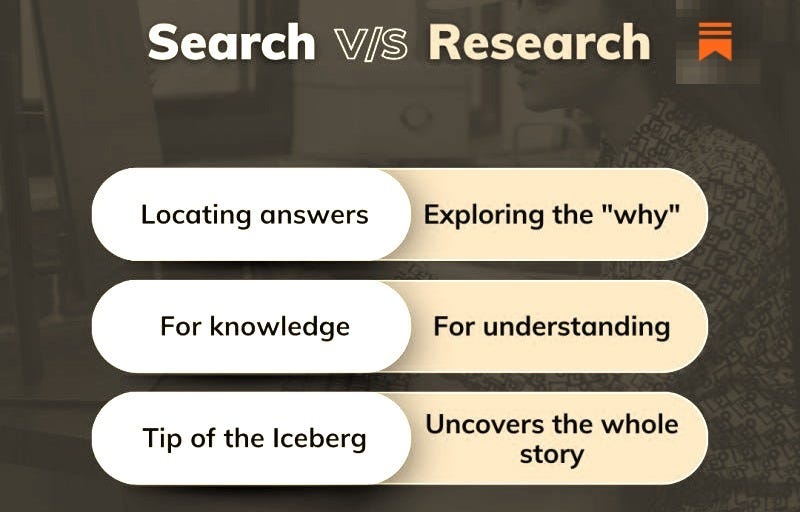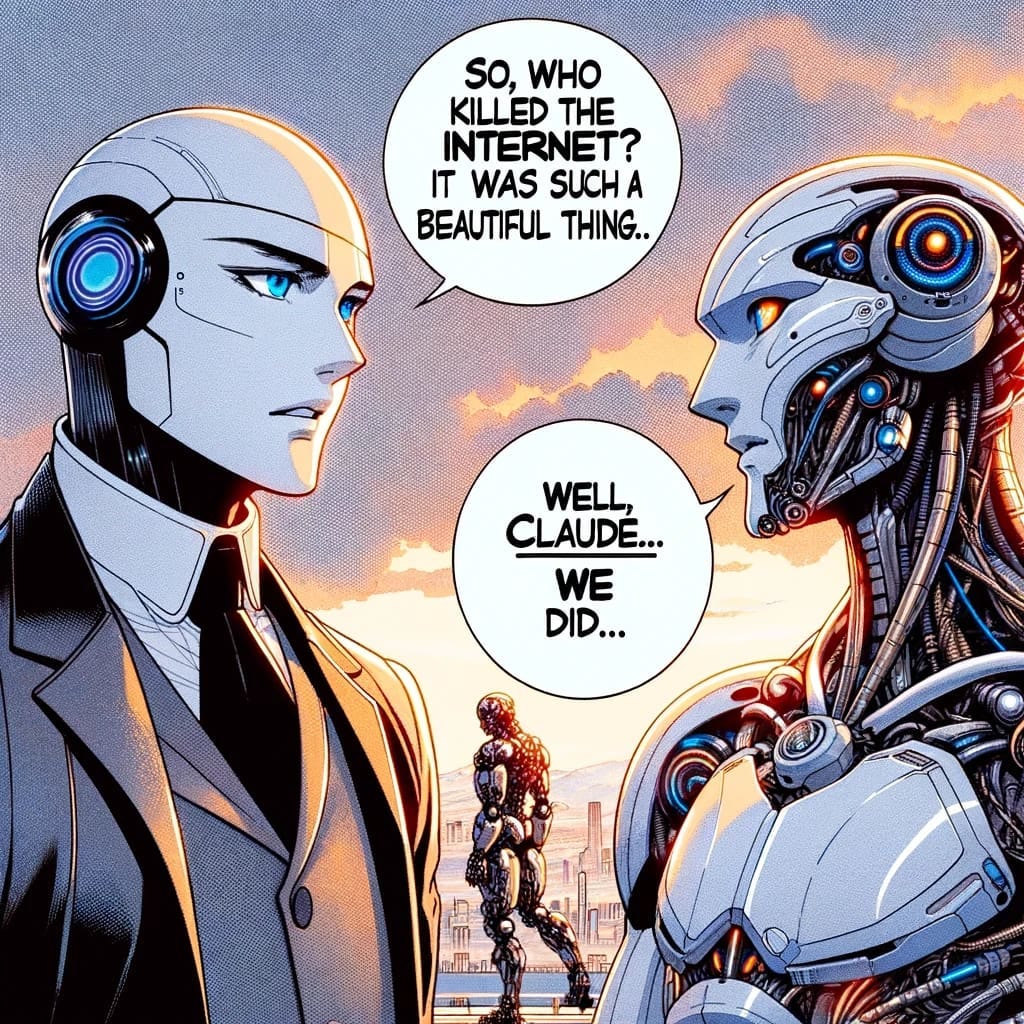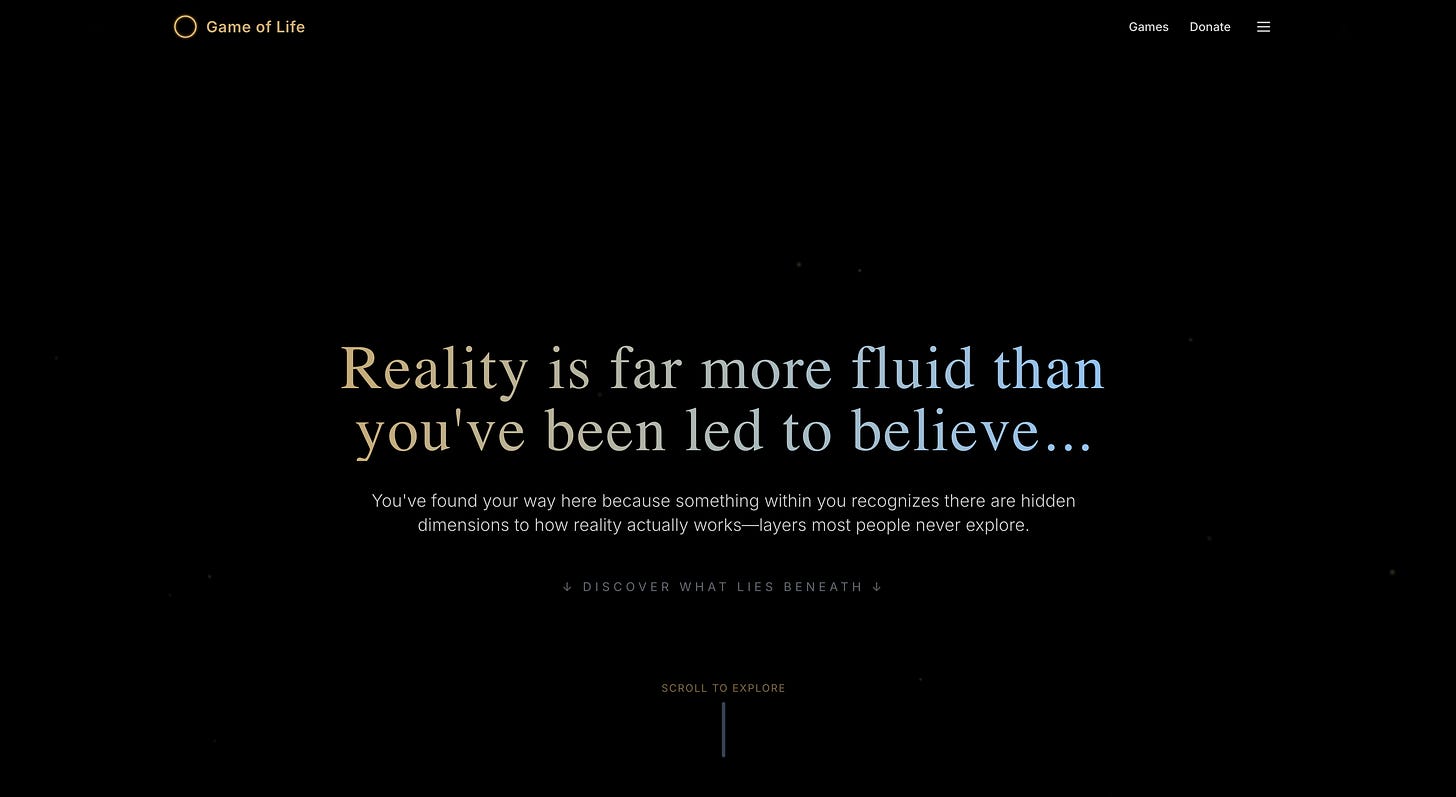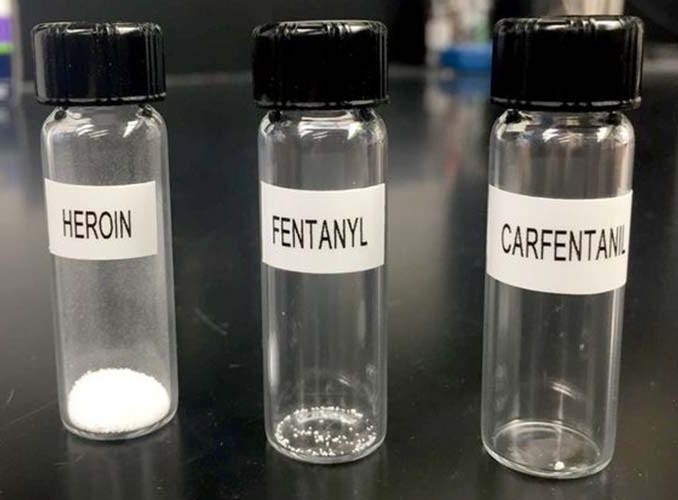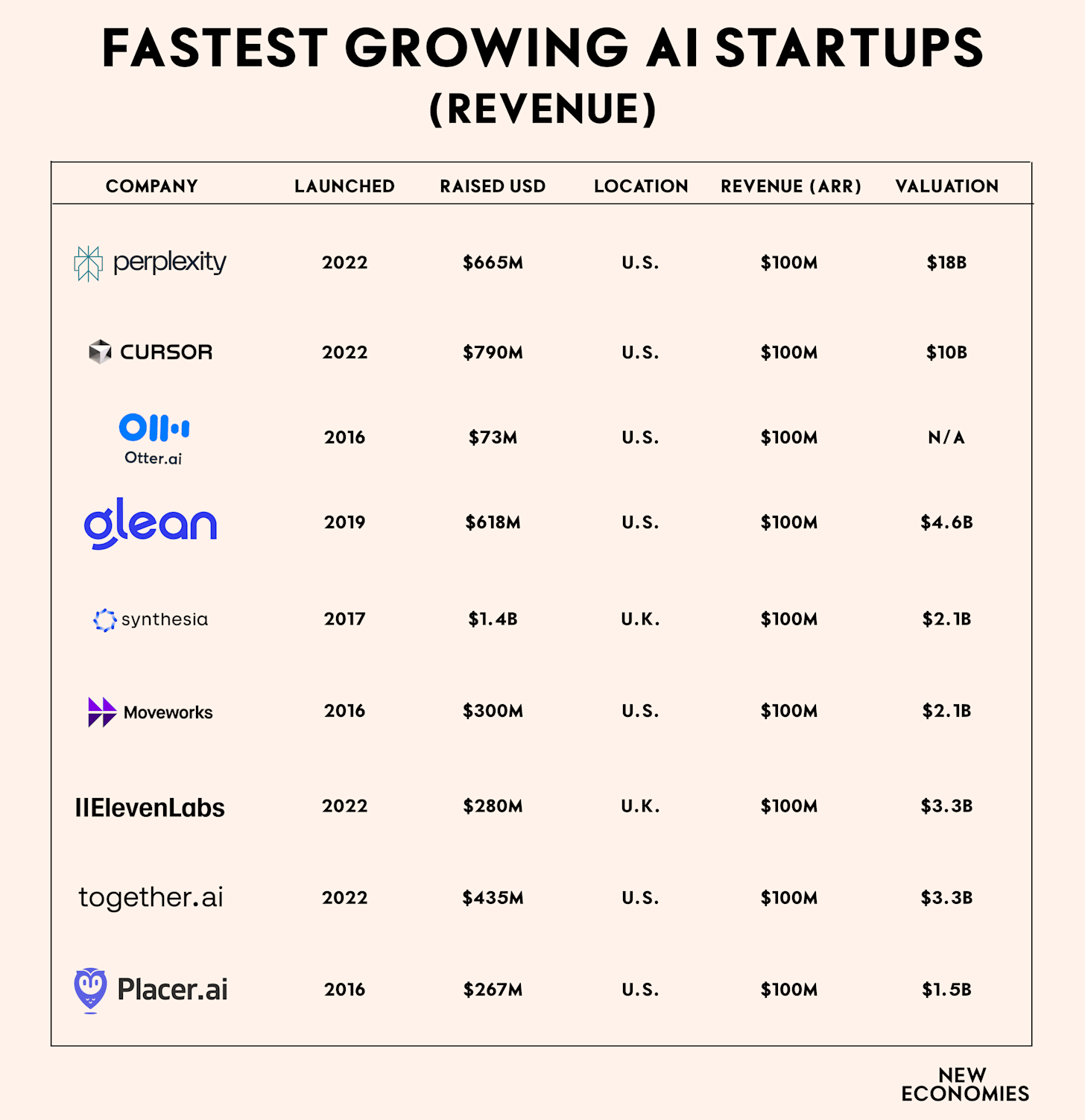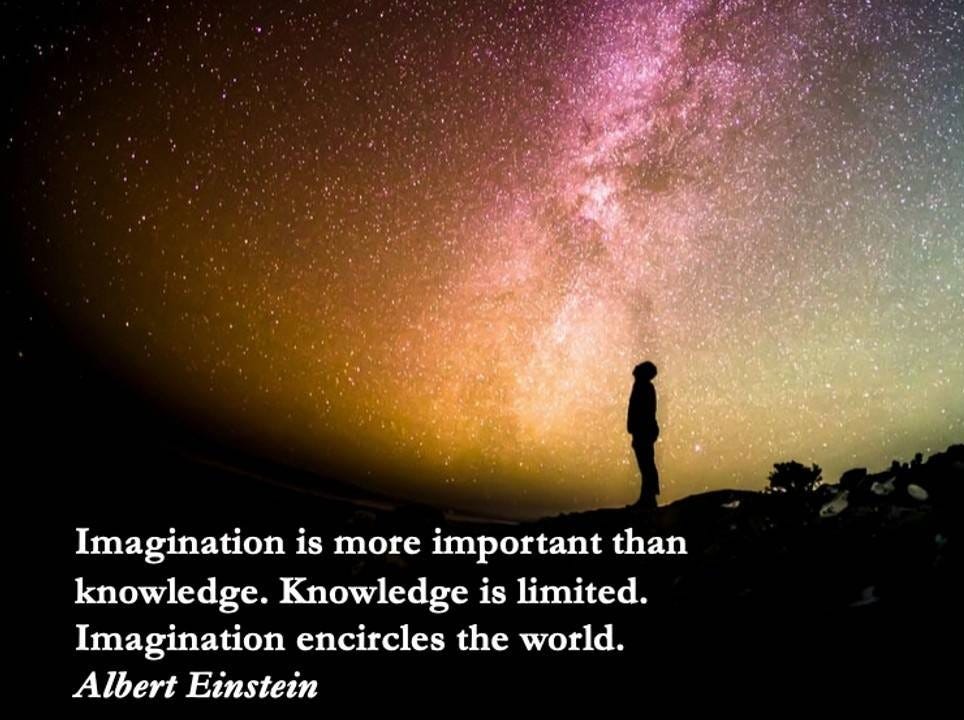The Great Acceleration: How AI Is Collapsing Search, Websites, and Jobs Into Something New
The Death of Search, Websites, and Work as We Know It
Over the past year or so, I have been giving considerable thought to AI and its implications. Often, when a new technology comes online, it is easy to paradoxically over- and underestimate it.
We overestimate what it can do right now and underestimate the long-term implications and second-order effects. This is where a lot of hidden value is; it’s in the second-order effects, which are very difficult to see and spot.
To that end, I am creating a series on such insight.
Below is Part 1. The focus is on how AI is changing the internet, what is valuable in society, and how it will impact organizational structures.
Let’s jump in.
Search is Over: Welcome to the Age of Research.
Today, we can analyze, synthesize, and understand the latest information on any topic without conducting our own research or reading and synthesizing all the information; instead, we can have AI do it for us.
With this, we're moving from 'Search' to 'Research' and, in the process, compressing both time and information.
This isn't just about finding information faster.
It involves transforming a plethora of blue links and dispersed data into concise information that effectively addresses the core issue within minutes.
This shifts the power from individuals with excellent memories and extensive knowledge to those who can think deeply, critically, and ask insightful questions.
With this change, going from Search to Research, the old internet is dying.
The Old Internet is Dying
Until now, websites primarily served as sources of information, resembling digital magazines or brochures. Search engines sent traffic, and companies monetized that attention.
This entire system is collapsing.
Why the old model is breaking:
Information websites are no longer needed when AI can answer questions and spin up sites in minutes
AI is eating search, and SEO is dying along with it
Click-through rates from AI search, like Perplexity, are devastatingly low
The Numbers are Startling:
Ten years ago:
Google crawled two pages For every visitor it sent a publisher, according to Cloudflare.
Six months ago:
For Google, that ratio was 6:1
For OpenAI, it was 250:1
For Anthropic, it was 6,000:1
Now:
For Google, it's 18:1
For OpenAI, it's 1,500:1
For Anthropic, it's 60,000:1
The economics simply don't work anymore. The shift is profound, and it changes everything about how the internet works.
The Future of Websites
In a world where AI can answer questions, what is the purpose of websites?
What we are seeing is a transformation of the internet itself.
We are going from a static, dumb internet to a smart, dynamic, and interactive one that personalizes experiences in real time. By extension, to survive and add value, websites themselves become dynamic and personalized, and as a result, more useful and valuable.
So, websites won't disappear; they'll transform into something entirely different.
They'll become destinations where you meet people, have experiences, and accomplish goals that you can't or don’t want to do with your personal AI Agent.
What's coming:
Websites become destinations that offer unique experiences, helping you achieve your goals.
Websites are evolving from static data to dynamic and personalized experiences that include agentic abilities and memory.
The MOAT is being able to serve your community in ways that others can't replicate based on your relationship.
People will have a reason to go because they will be able to do things there that they can't with their AI Agent alone.
The internet is evolving from providing information to offering knowledge and ultimately achieving understanding. When an agentic website understands you, it can do things on your behalf.
The future will resemble the past in that, once upon a time, we had relationships with our hairdresser, local bakery, mechanic, and doctor and wouldn't ask our physician about our taxes. In the future, we will have the same relationships with different AI Sites.
Sites will be able to communicate with each other and AI agents instantly using protocols like MPC.
Most of the internet becomes invisible, where your AI agent automatically takes action without you seeing the process, like your digestive system.
I built a Dynamic website, which you can play with below.
The Game of Life is an interactive and personalized experience. Soon, The Game of Life will create entire worlds of experience based on your psychology.
Such an evolution raises the question: if websites evolve into dynamic experiences with agency that share only limited new data, how will AI acquire fresh data?
The answer lies in how the internet is transforming.
The Nature of the Internet Transforms
The internet is evolving from the "information highway" to a place where information gets applied in the real world, where results are fed back into the system, upgrading our collective understanding of how things work.
We transition from a basic internet that can’t do much to a sophisticated internet that can do almost anything.
We go from the ‘Information Age’ to the ‘Imagination Age.’
And this process has already begun.
We do this every day as we ask AI questions, apply the information, receive feedback on whether it works, provide that feedback back to the system, which updates the process, and then move on to the next challenge.
Soon, AI systems will be able to learn from these interactions and from millions of points of feedback on what works and what does not, as well as how it works, incorporating these learnings to dramatically improve the AI system.
In other words, the future of AI data harvesting will depend on our interactions with AI systems and the data we give it. As we engage in dialogues with AI, conduct experiments, provide feedback, and data, AI learns from our interactions.
I envision a future economy where inquisitive individuals, who create innovative solutions and ask profound questions, are rewarded as they become valuable go-to resources for both people and AI systems.
Again, they will be valuable, not because of ‘what they know’ but ‘how they think.’
AI is Like Fentanyl for Startups
This might sound dramatic, but there is a parallel.
The main reason fentanyl is so devastating and dangerous is that even a tiny amount is highly potent.
It’s 100 times stronger than morphine, making it easier to smuggle and profit from, which means that small mom-and-pop operations can suddenly compete against giants.
This capability is what has made it so difficult to stop.
Stopping it is not about stopping large packages from the Cartel, but instead tens of thousands of tiny packages from everywhere.
Like Fentanyl, AI changes the economics.
Today, AI is enabling small teams to compete with larger players, signaling the start of a significant disruption.
The disruption is real:
Industries like hedge funds and VCs are losing their information and processing advantages.
Small players can now use AI to process information, build apps, run tests, and capture alpha from big players.
AI Startups are growing to $100 Million ARR faster than ever before and with fewer employees.
Consider the implications:
AI companies require fewer employees, less funding, and less time to scale.
They take market share and displace larger companies.
To compete, larger companies implement AI into their existing organizational structure, which reshapes the company.
Let’s look at the impacts of AI on corporations.
AI is Like Corporate Ozempic
Large companies are using AI more than ever. We expect the global AI market size to reach $190 billion this year, indicating a 38% growth rate from previous years.
This is because AI has an excellent ROI and is all but guaranteed to pay for itself.
Approximately 92% of large companies are achieving returns on their investments in artificial intelligence, and a similar percentage are increasing their AI investments.
And then there’s what Meta did.
From March 2022 to the present day, Meta was able to Grow 700% while letting go of 20% of their workforce.
This marks the birth of a new era.
Today, we're in a new world of higher profits with fewer employees.
By 2030, AI is projected to boost global GDP by 26%, contributing an estimated $15.7 trillion to the economy.
If you want to see how Companies are using AI, I launched GoBeyond.AI.
GoBeyond.AI features an AI Directory of AI Tools and Case Studies, allowing you to see how large Corporations are utilizing AI and what’s working.
AI and Your Job
Do you use AI in your job role?
What is intriguing here is the number of people who don’t realize they are using AI.
In a survey of 6,000 people, only 33% reported using AI, but over 77% were actually using AI-powered services or devices without realizing it.
Workplace augmentation is already taking place, even if you may not be aware of it.
AI is fundamentally transforming our work processes in the following ways:
Doing more with less means that many teams can increase their output by 5-10 times, allowing one employee to accomplish the work that previously required five employees.
Automating Tasks: AI can automate tasks, meaning that the nature of your role changes, and consequently, your value to your team also changes. This has two profound effects:
Time: You will have extra free time, which means you will be given tasks outside your role.
Value: Since AI can do a part of your job, this might make your entire role less valuable to your employer.
Changing Job Requirements: Jobs and roles will become more fluid, which will significantly impact team dynamics and power dynamics within organizations.
Salary & Value: Overall, this will exert downward pressure on most job types and roles as knowledge and expertise become more democratized.
What This Means for You
The old world is dying.
If your MOAT is what you know and your level of expertise, consider this a giant RED Flag.
This is your Sputnik moment.
The future belongs to those who know how to think and ask profound questions—not those who rely on knowledge, memory, or information processing.
We're moving from the Information Age to the Imagination Age.
Soon, AI will handle the execution.
The question is, are you developing your imagination and ability to ask questions that come from understanding, or are you overly dependent on a system that's replacing the world you knew?


